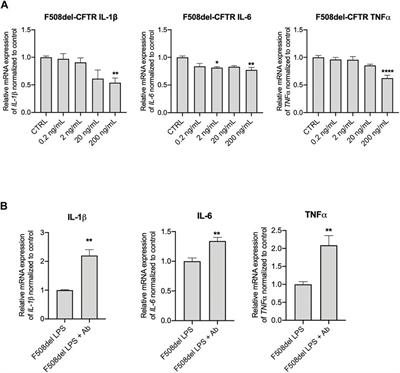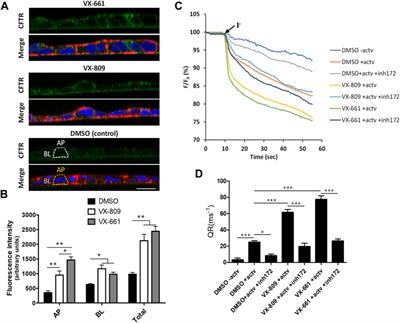BRIEF RESEARCH REPORT
Published on 12 Jul 2022
Insulin-Like Growth Factor Binding Protein (IGFBP-6) as a Novel Regulator of Inflammatory Response in Cystic Fibrosis Airway Cells

doi 10.3389/fmolb.2022.905468
- 2,915 views
- 6 citations
4,932
Total downloads
19k
Total views and downloads
BRIEF RESEARCH REPORT
Published on 12 Jul 2022

EDITORIAL
Published on 12 Jul 2022
ORIGINAL RESEARCH
Published on 24 Jun 2022

BRIEF RESEARCH REPORT
Published on 09 Mar 2022

ORIGINAL RESEARCH
Published on 09 Mar 2022

BRIEF RESEARCH REPORT
Published on 22 Dec 2021

